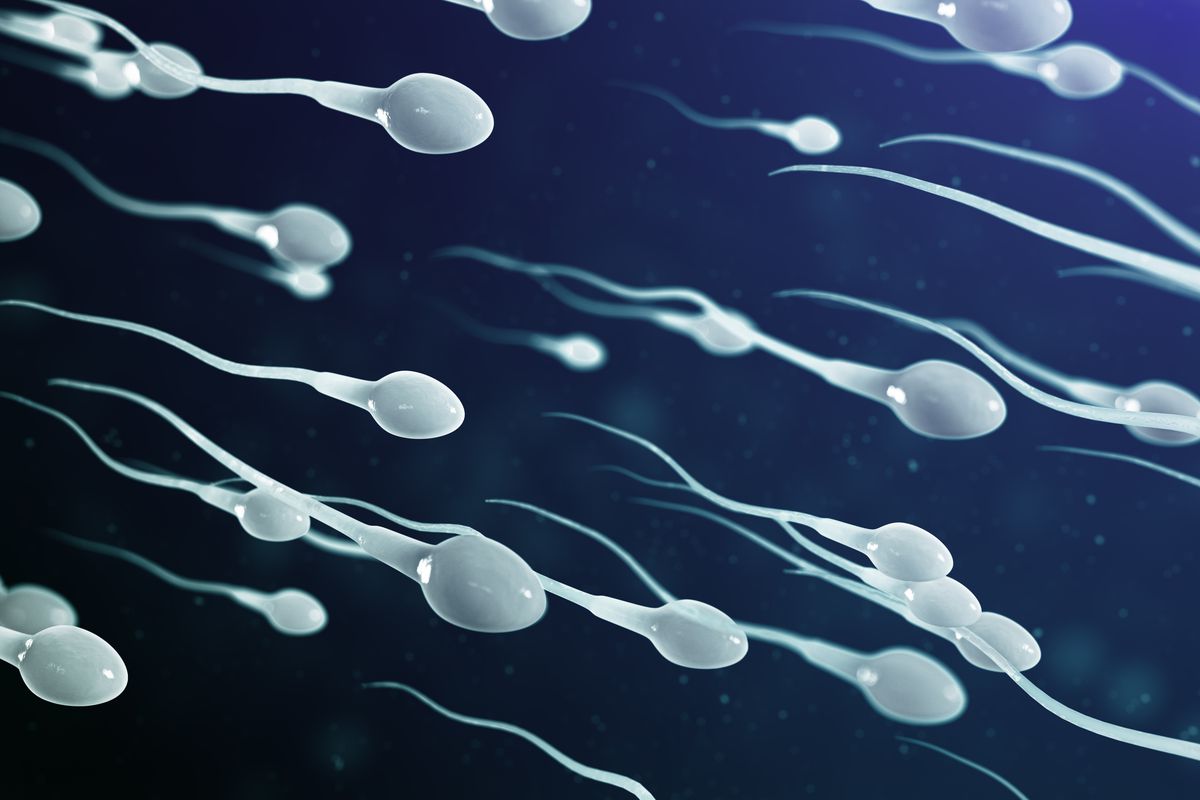A sperm can travel up to 7 inches in an hour s time

A Sperm’s Journey: Traveling Up to 7 Inches in an Hour

When it comes to reproduction, the journey of a sperm is nothing short of remarkable. From the moment it is released into the male reproductive system, a sperm embarks on a complex and fascinating voyage to fertilize an egg. One intriguing fact about this microscopic entity is its ability to travel up to 7 inches in just one hour’s time.
Understanding the Sperm’s Journey
Sperm are the reproductive cells produced by males in the testicles. They are packed with genetic material and possess a unique tail-like structure called a flagellum. This flagellum propels the sperm forward, aiding in its movement towards the egg.
Upon ejaculation, the sperm enters the female reproductive system through the vagina. From there, they must travel through the cervix and into the uterus, ultimately reaching the fallopian tubes, where fertilization occurs. This entire journey can take anywhere from a few minutes to several hours, depending on various factors such as the sperm’s motility and the conditions within the female reproductive system.
The Incredible Cellular Speed
It is astonishing to think that a sperm, measuring just 0.002 inches long, can traverse up to 7 inches in a mere hour. This rapid movement is made possible by the sperm’s impressive swimming ability, primarily driven by its whip-like tail. The flagellum executes a synchronized whipping motion, enabling the sperm to navigate through the female reproductive tract and reach its destination.
It’s important to note that not all sperm may survive the entire journey. Many factors come into play, including the health and quantity of sperm, the environment within the female reproductive system, and the timing in relation to ovulation. Nonetheless, the proficiency of sperm in covering such a distance within a relatively short period is undeniably astounding.

The Role of Seminal Fluid
To further aid in its journey, sperm relies on seminal fluid, also known as semen. Seminal fluid serves as a protective medium, providing sustenance and nourishment to the sperm cells. It helps to maintain the ideal pH balance and temperature necessary for sperm survival and motility.
The composition of seminal fluid includes a combination of enzymes, proteins, hormones, and nutrients. These components contribute to the overall health and quality of sperm, enhancing their chances of reaching the egg successfully. Additionally, seminal fluid aids in the transportation of sperm, helping them navigate through the female reproductive system effectively.
The Gift of Life
Understanding the impressive capabilities of a sperm on its journey highlights the intricate processes involved in human reproduction. Every step, from ejaculation to fertilization, plays a crucial role in the creation of life. It is a testament to the wonders of our biology and the extraordinary nature of the human body.
In conclusion, a sperm’s ability to travel up to 7 inches in just an hour’s time showcases its incredible speed and agility. This remarkable feat, combined with the support of seminal fluid, allows sperm to overcome numerous obstacles on its path to fertilization. Embracing the intricacies of the sperm’s journey can deepen our appreciation for the miracles of life that unfold within us.
Source: Men’s Health
Tags
Share
Related Posts
Quick Links
Legal Stuff

